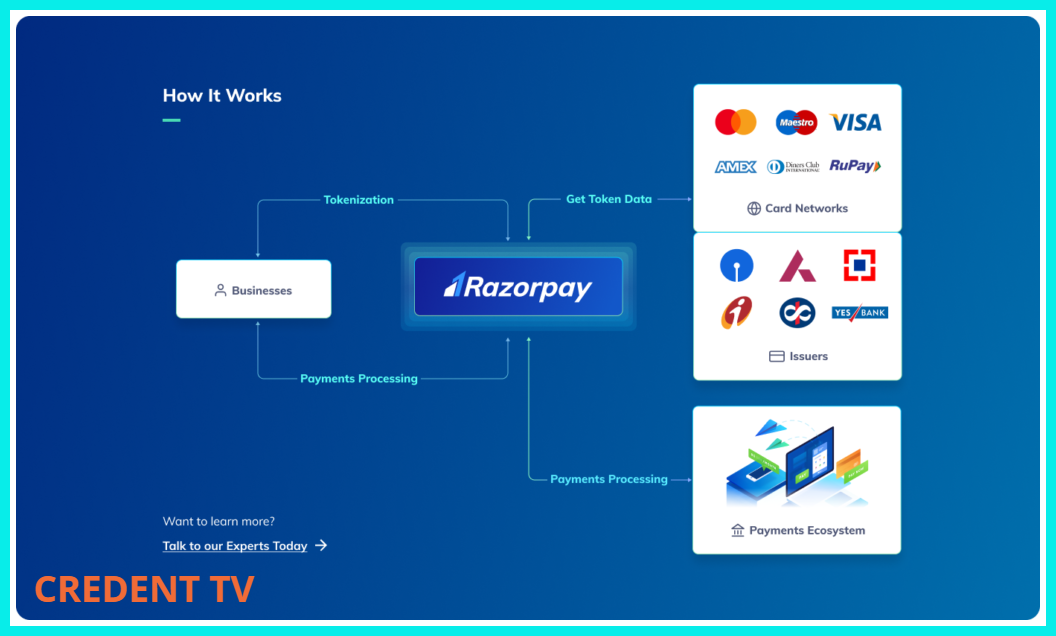BANK
Direct Card-on-File Tokenization at Issuer Bank Level is facilitated by RBI
Published
5 months agoon

The Reserve Bank of India (RBI) has approved Card-on-File Tokenization (CoFT) directly through banks that provide cards, marking a revolutionary step
A crucial decision to allow Card-on-File Tokenization (CoFT) directly through card-issuing banks or institutions was made by the Reserve Bank of India (RBI) on December 20. A Card-on-File (CoF) token could previously only be generated through a merchant’s application or webpage; this is a change from the prior technique. This measure is consistent with the Reserve Bank of India’s objective to improve user convenience and security in digital transactions.
Application of CoFT
October 1, 2022, was the start of CoFT’s implementation, which was first announced by the central bank in September 2021. The RBI suggested introducing CoF token creation facilities at the issuing bank level in its October monetary policy. By giving cardholders the ability to tokenize their cards for numerous merchant sites using a single process, the measure seeks to simplify the process for them.
Read also:- DAV Sports Meet: State-Level Championship (GIRLS)
Important Notes and Conditions
Since the start of CoFT, more than 56 crore tokens have been generated, and transactions have exceeded Rs 5 lakh crore.
Transaction security and approval rates have significantly improved with tokenization.
The RBI lays out guidelines for CoFT via card issuers, with a focus on the validation of additional factors of authentication, or AFA.
Tokenization can be started by cardholders via online or mobile banking, guaranteeing clear client consent.
The card issuer provides a detailed list of merchants for whom tokenization services are offered.
Tokenization allows the cardholder to select preferred merchants, increasing control and flexibility.
The issuer, the card network, or a combination of the two may issue tokens.
Effects and Advantages
The implementation of CoFT directly at the issuing bank level has the potential to greatly improve the user experience by giving cardholders a safe and easy way to manage tokens for a variety of e-commerce applications.
What is the Reserve Bank of India’s (RBI) most recent announcement?
A: To make things easier for cardholders, the RBI has made Card-on-File Tokenization (CoFT) available directly through card-issuing institutions.
What effect does this have on users?
A: Tokenization of cards for numerous retailers may now be done by users using a single process, improving digital transaction security and ease.
What made you take this action?
Aiming to enhance user experience and transaction security, the RBI suggested implementing CoFT at the issuer bank level in its October monetary policy.
What are the essential prerequisites for CoFT via card issuers?
A: To implement CoFT, a card network, issuer, or both must provide issuance alternatives, validate Additional Factor of Authentication (AFA), and obtain express client agreement.
You may like
-


Rabindra Jayanti Celebration at DAV, Jaipur
-


Kohli brings out alternative arsenal to counter spin bowling ahead
-


The Supreme Court rules that former Jharkhand Chief Minister Hemant Soren’s plea in a money laundering case was “infructuous.”
-


Janhvi Kapoor Wears A Red Cutout Dress Inspired By A Cricket Ball, Similar To Zendaya’s Movie-Themed Outfits
-


Two winners of the Miss USA pageant have resigned, citing disrespect and mental health issues.
-


Why Does MS Dhoni Have a Muscle Tear While Playing for CSK? The ‘Theory’ of an Ex-IPL Team Official Paints a Grim Image

